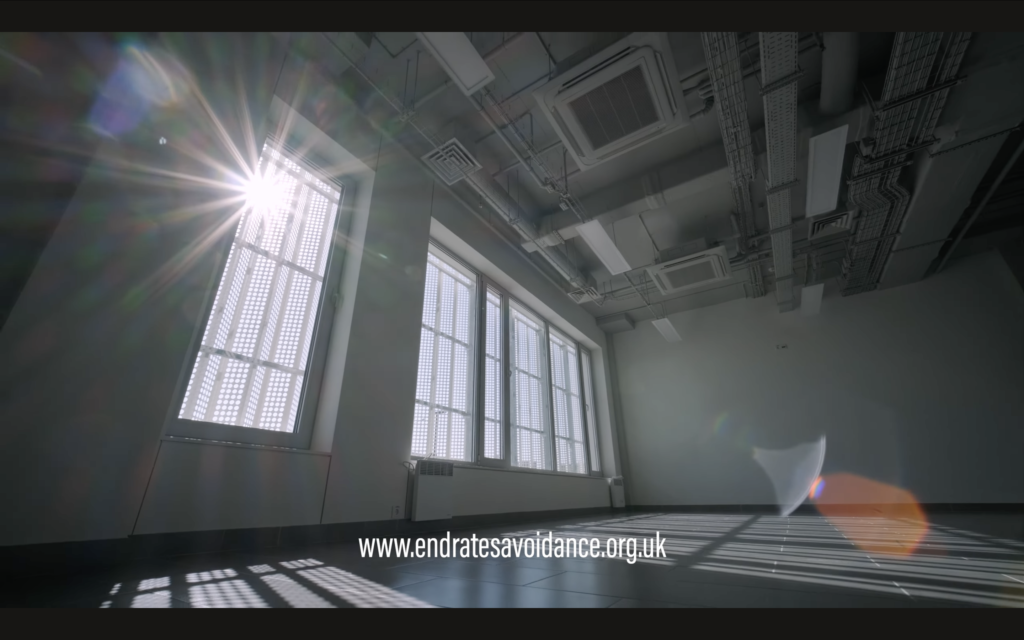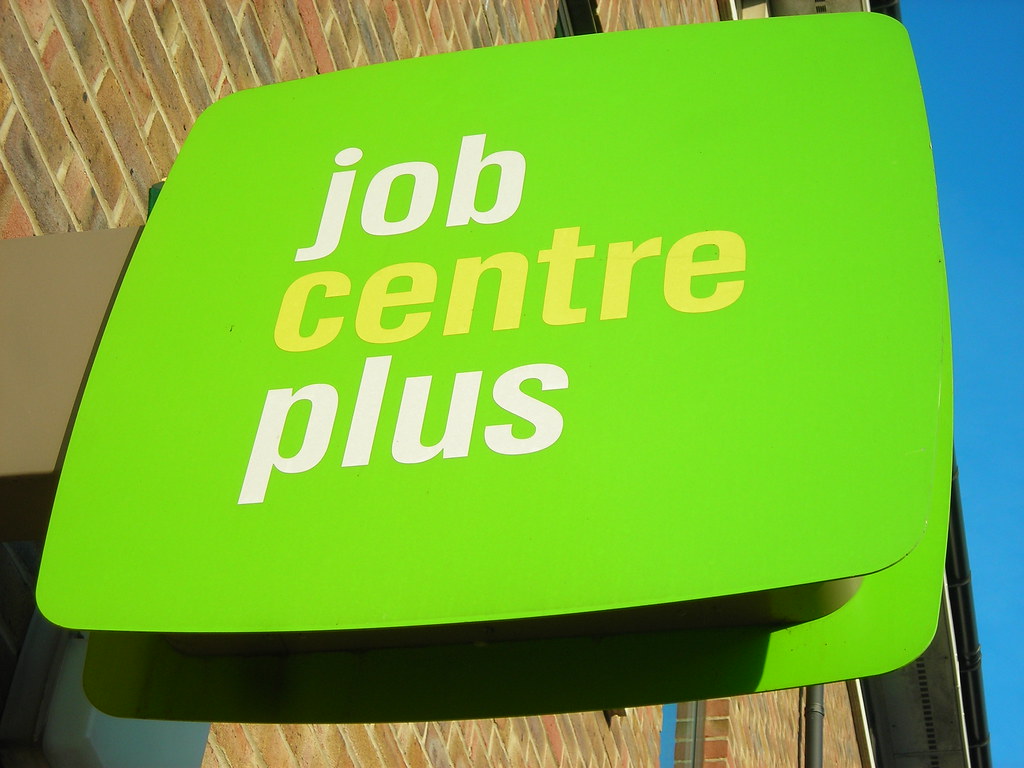A committee of MPs has said the government must act now to protect tenants from the ‘catastrophic’ impact of poor housing on health.
The report by the Health and Social Care Committee calls on the government to proceed without delay in updating the Decent Homes Standard for social housing tenants, and set out a timetable for its extension to cover the private rented sector.
More than three years after the government first committed to review and then extend the Decent Homes Standard to the private rented sector, no legal minimum quality standard exists to protect tenants in private rentals. The Decent Homes Standard has not been updated since 2006.
The MPs concluded that the less well-off and those living in less well-off neighbourhoods are much likelier to develop life-limiting health conditions and to die prematurely from the effects of those conditions.
The most serious housing hazards include fire and electrical risks, excess cold, excess heat, damp and mould, and air pollution. In 2020, two-year-old Awaab Ishak died from a respiratory condition caused by mould in a housing association property.
A determined focus on developing “healthy places” that can prevent ill-health for those most at risk is vital to ease pressures on the NHS and build a sustainable service for future generations, the committee said.
Committee chair Steve Brine said: ‘Poor quality homes can have a catastrophic impact on the health of the those who live in them. The death of two-year-old Awaab Ishak from a respiratory condition caused by mould in his home should leave ministers in no doubt that tenants in both the social and private rented sectors deserve greater protection by law.
‘The government has dragged its feet on updating the Decent Homes Standard for the social rented sector and in extending it to cover the private rented sector. We’re calling on the government to set out its timetable for doing so without delay.
‘Our report welcomes the government’s plan to introduce Awaab’s law for tenants in the social sector. We urge swift action on the outcome of the consultation, but the government must also consider safeguards for tenants in the private sector where risks of damp and mould can pose an immediate danger to health.
‘Creating healthy places to live to prevent ill-health among the population must take priority for ministers. Not only will that reduce pressures on the NHS but will save vast sums spent each year on treating people with preventable illness.’
Responding to the report, Conor O’Shea of campaign group Generation Rent said: ‘Damp and mouldy homes are dangerous to our health and can even kill. Awaab’s law was rightly brought in to social housing last year, giving tenants the security of knowing that action must be taken in a certain timeframe when it is found. The UK’s 12 million private tenants however are offered no such protection.
‘Awaab’s law must be extended to cover private homes as soon as possible. Issues of damp, mould, fuel poverty and poor insulation are worse in private homes than any other tenure type. Not giving landlords fixed deadlines to deal with potentially deadly issues leaves private tenants the most exposed and least protected.
‘We urge the government to correct this to stop people from falling ill and dying in their homes. There is also more they can do. Introducing a higher minimum energy efficiency standard to private rented homes – which was ditched in the autumn – would lead to warmer, dryer homes, stopping mould developing in the first place.’
Image: Sunrise
Government calls on social housing residents to raise poor living standards
Global accounts show record investment in social housing repairs despite problems


















Leave a Reply